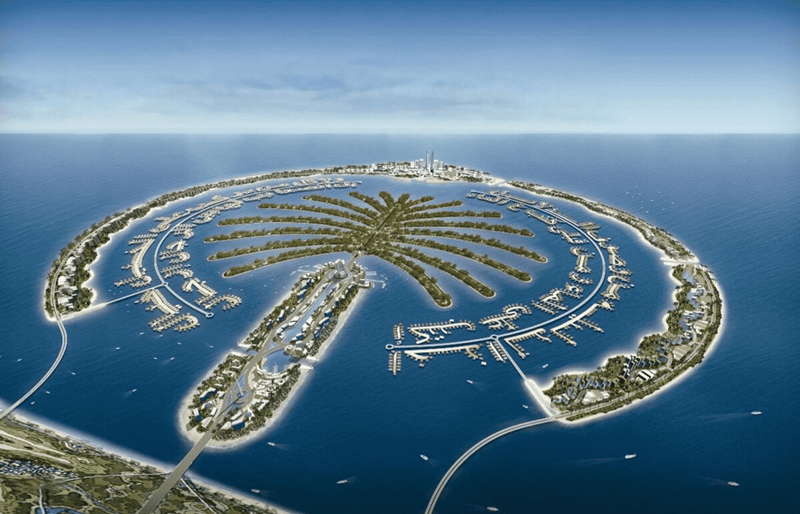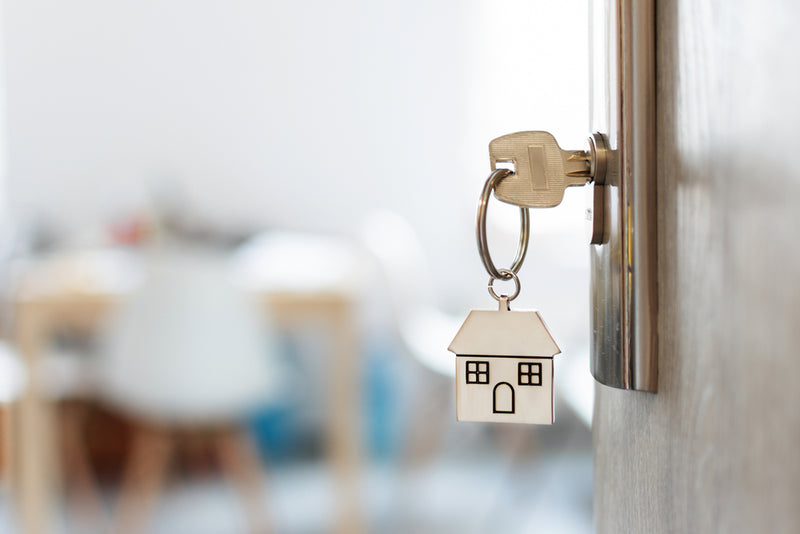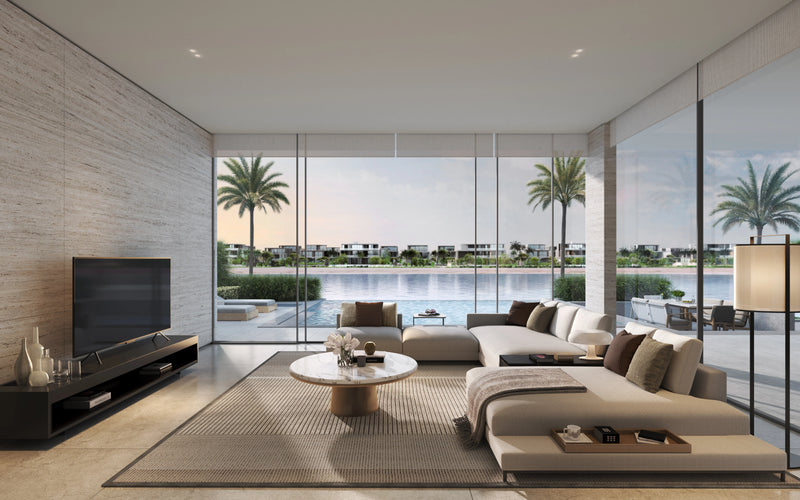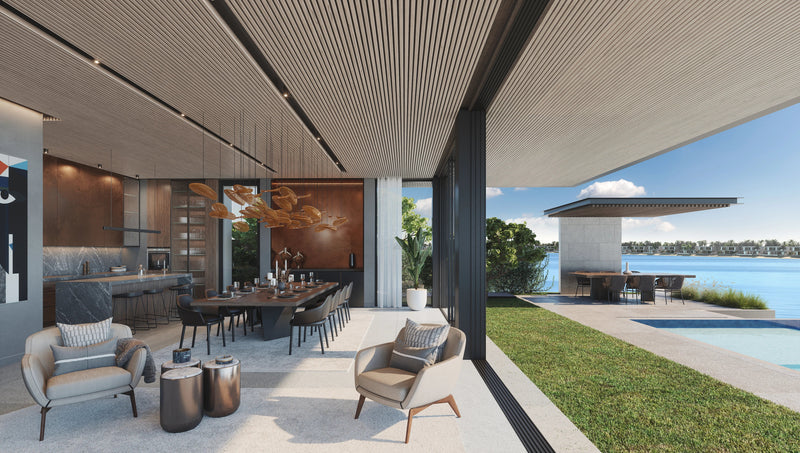
by Rahmeh Tar
Comparison Between Palm Jebel And Palm Ali
Dubai, the epitome of opulence and architectural marvels, is home to some of the world's most ambitious and iconic projects. Among these, the Palm Jebel Ali and Palm Jumeirah stand out as a testament to Dubai's innovative spirit and determination to reshape its landscape. Both palm-shaped artificial archipelagos were conceived with the vision of creating unique and luxurious destinations, but they differ in design, development, and purpose. In this comparative analysis, we delve into the distinct features of Palm Jebel Ali and Palm Jumeirah, exploring their similarities, differences, and the impact they have had on Dubai's skyline. Geographical Distinction: One of the primary distinctions between Palm Jebel Ali and Palm Jumeirah lies in their geographical locations. Palm Jumeirah, the first of the Palm Islands to be developed, is situated closer to the heart of Dubai along its coastline. Its strategic location enhances accessibility to the city and provides stunning views of the Dubai skyline. On the other hand, Palm Jebel Ali, the larger of the two, is located southwest of the city, featuring a more secluded environment. This distinction in location contributes to the unique ambiance and purpose of each island. Scale and Size: Palm Jebel Ali takes the crown when it comes to size. Spanning over 50 square kilometers, it dwarfs Palm Jumeirah, which covers approximately 25 square kilometers. The sheer scale of Palm Jebel Ali allows for a broader array of development opportunities, including a proposed water theme park, commercial centers, and residential areas. In contrast, Palm Jumeirah, although smaller, focuses more on upscale residential and hospitality developments. Development Status: As of the latest available information, Palm Jumeirah is more developed and populated compared to Palm Jebel Ali. The Palm Jumeirah project commenced earlier and has seen the completion of numerous luxury hotels, residential complexes, and entertainment options. It has become a thriving community, attracting residents and tourists alike. Palm Jebel Ali, being a larger project, is still in various stages of development. While some parts have seen progress, the island awaits further infrastructure development and construction projects to realize its full potential. Architectural Design: Both islands share the iconic palm tree shape, a symbol of prosperity and luxury. However, the design nuances set them apart. Palm Jumeirah features a circular frond design with a crescent at the top, creating a visually striking palm tree shape. In contrast, Palm Jebel Ali adopts a more linear frond design, resembling a palm tree with a straight trunk. The choice of design elements reflects the uniqueness of each project and contributes to the overall aesthetic appeal of the islands. Residential and Commercial Offerings: Palm Jumeirah is renowned for its high-end residential offerings, including luxury villas, apartments, and penthouses. The island also hosts some of the world's most prestigious hotels, contributing to its status as a prime tourist destination. In contrast, Palm Jebel Ali aims for a more diverse portfolio, incorporating residential, commercial, and leisure spaces. The larger land area provides the opportunity for extensive planning, including the proposed water theme park and a variety of commercial ventures. Connectivity: Palm Jumeirah benefits from its proximity to the mainland, connected by a monorail, bridges, and an underwater tunnel. This connectivity enhances accessibility for residents and visitors, facilitating seamless movement between the island and the city. Palm Jebel Ali, while also planned to have similar connectivity features, faces the challenge of its more remote location. The development of efficient transportation links will be crucial to unlock the full potential of Palm Jebel Ali and integrate it seamlessly into Dubai's infrastructure. Economic Impact: Palm Jumeirah has undeniably contributed significantly to Dubai's tourism and real estate sectors. Its iconic status has attracted high-profile residents and visitors, boosting the city's international reputation. Palm Jebel Ali, with its larger scale and diverse offerings, has the potential to have an even greater economic impact. The inclusion of commercial spaces, theme parks, and expansive residential areas positions it as a multifaceted contributor to Dubai's economic growth. Conclusion The comparison between Palm Jebel Ali and Palm Jumeirah reveals two distinct projects that share a common palm-shaped design but differ significantly in scale, development status, and purpose. Palm Jumeirah, as the pioneer, has set the stage for the grandeur of Palm Islands, while Palm Jebel Ali, with its larger canvas, aspires to redefine luxury living, commercial ventures, and entertainment on an unprecedented scale.






